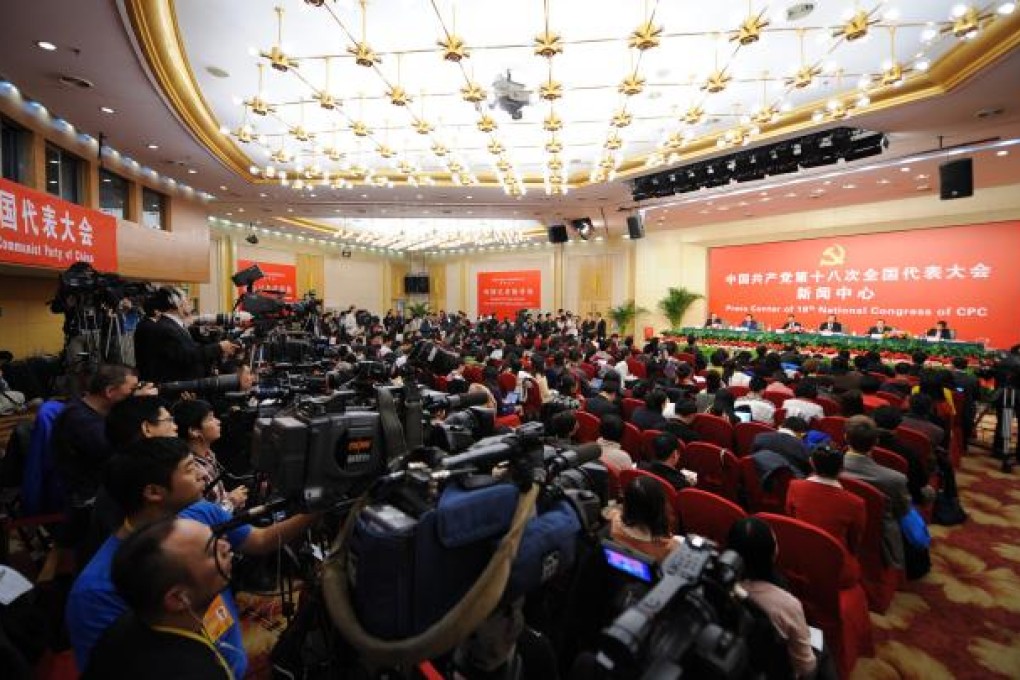
A neutral reader of news may be forgiven for being thoroughly confused by international media reports and foreign experts' views on China today. Beijing is always complaining about the bad press it gets, but I would say that has more to do with conflicting reporting and commentaries in the foreign media. As a result, those with fixed positions and an ideological axe to grind can cherry-pick what they like to support whatever they believe in. And naturally, Beijing would fixate on the bad rather than the neutral and favourable press. With China, whether you are pro or anti, prejudice and bias rule.
The once-a-decade leadership change has caused a spike in reporting on China around the world. So you will find predictions that China's economy is heading towards collapse; that it will surpass the US economy in a few more years; that it will stagnate like Japan's, its population growing old before it grows rich. Politically, the Beijing leadership has been called a brutal dictatorship; an enlightened meritocracy; and a fragile system in need of urgent reform to avoid disaster.
For example, Martin Jacques, a former Hong Kong resident and author of the critically acclaimed When China Rules the World, wrote this month on the BBC website that the central government is more legitimate and stable than any current Western government.
He cited surveys by Tony Saich of Harvard University and Pew Global Attitudes that found, respectively, more than 80 per cent of Chinese citizens were either relatively or extremely satisfied with the central government; and 91 per cent thought its handling of the economy was good, compared with the British figure of just 45 per cent.
But in two widely reported speeches given by China expert Roderick MacFarquhar in Hong Kong this month, China's political system is described as corrupt and fragile.
The Harvard professor said unpredictable events could trigger the regime's collapse. Part of the fragility and illegitimacy of Chinese communist rule, he said, was because new leaders could only emerge through back-room deals.
